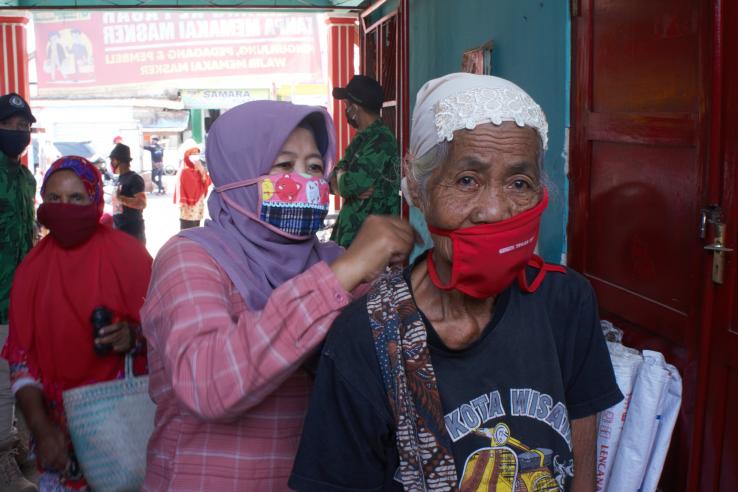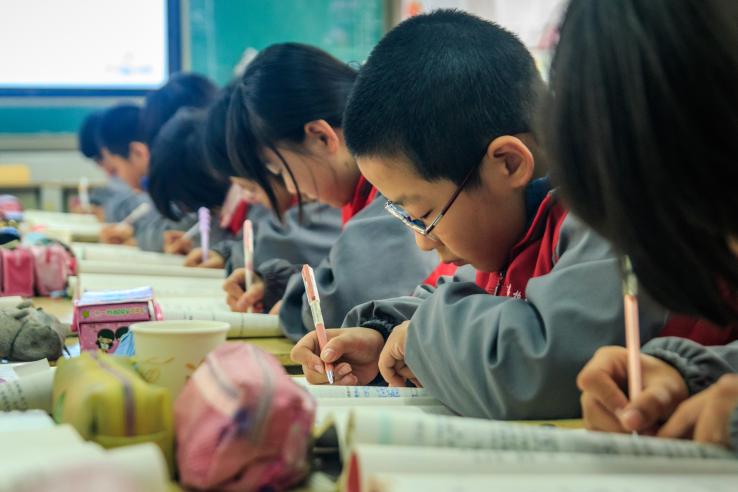Displaying 7306 - 7320 of 7772
Policy insight
Providing community college students with a wide range of comprehensive supports, such as counseling, tutoring, and financial assistance, can improve low rates of persistence and graduation. These support programs address many simultaneous barriers that students face, which may be a key driver...
Blog
The rapid spread of COVID-19 in Indonesia has wreaked havoc on Indonesia's economy. J-PAL SEA has been conducting a continuous online survey since April 2020 to provide real-time data on the impact of COVID-19 in Indonesia.
Person
Person
Person
Person
Siddharth Pandit is Project Director, C-LOP (Creating Learning Opportunities for Public Officials in India) program at J-PAL South Asia.
Person
Policy insight
Around the world, learning levels remain low and therefore a priority area for improvement. A key barrier to participation and learning in school is student health, especially in low- and middle-income countries. However, due to a lack of coordination between health and education departments, the...
Person
Event
With the rate of domestic violence increasing in light of Covid-19, what is the role of state institutions, including the police, in preventing and responding to violence against women? The second webinar in the Governance, Crime, and Conflict Initiative’s (GCCI) series will discuss randomized...
Person
Person
Eric Maurin is a Professor of Economics and the Director of Research, Ecole des Hautes Etudes en Sciences Sociales (EHESS) at the Paris School of Economics. His research focuses on education, labor, and econometrics.
Person
Evaluation
In Bangladesh, researchers conducted a randomized evaluation to test whether helping selected farmers set up demonstration plots could increase awareness in the community about a new rice variety by triggering information exchanges through new interactions. Demonstration plots comparing new versus traditional seed varieties improved farmers’ knowledge about the new rice variety. The new interactions induced by the demonstration plots were most effective for farmers who were least socially connected before the intervention was delivered.




